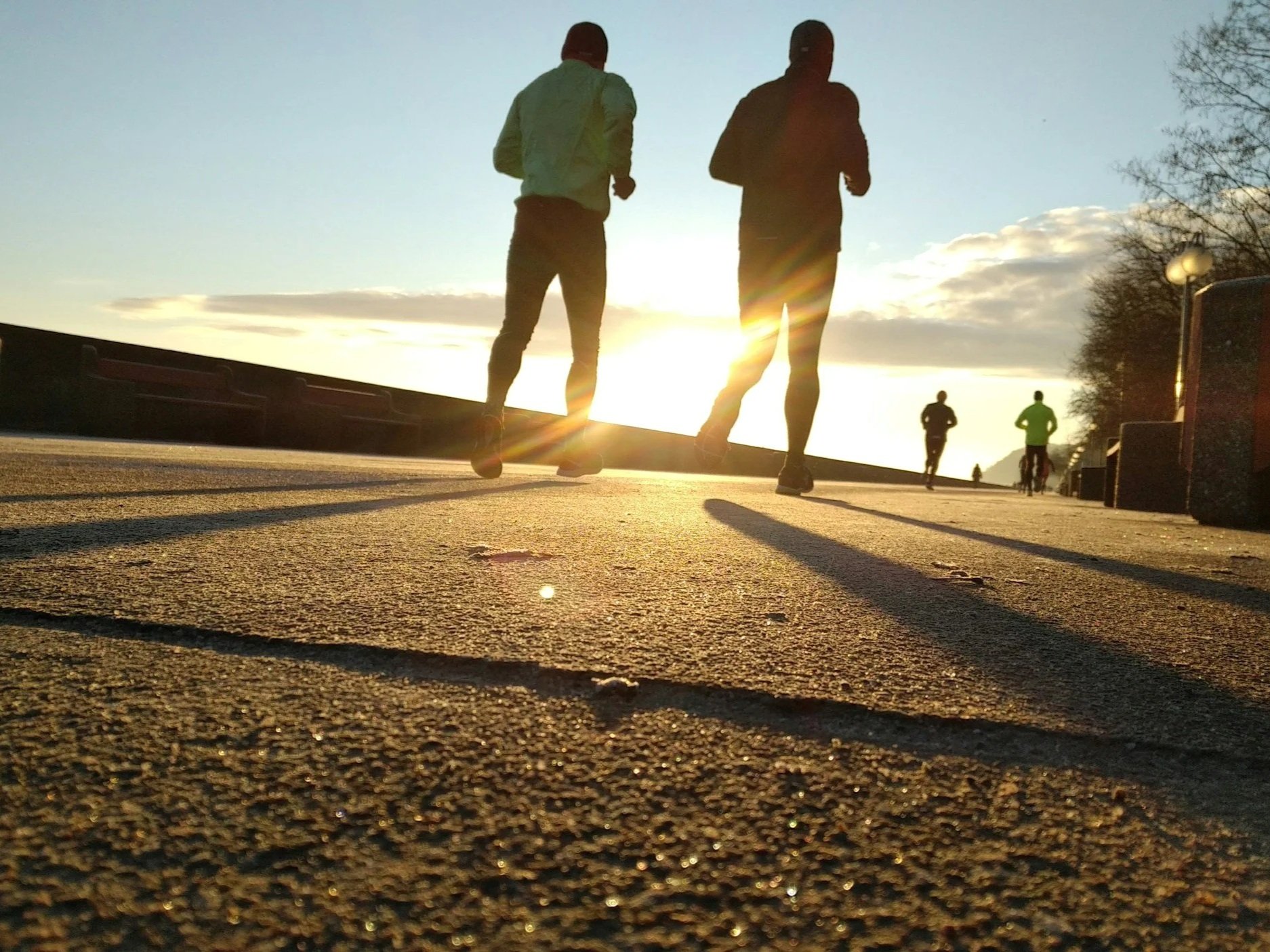Running Assessment at Novar Sports Physio
Whether you’re a weekend warrior, marathon veteran, or competitive athlete, running should feel strong, smooth, and injury-free. At Novar Sports Physio, our Running Assessment Program is designed to help you run better, faster, and with less risk of injury.
If you’ve ever wondered:
Why do I keep getting the same injuries?
Am I running with the most efficient technique?
What can I do to get faster or go further without breaking down?
—then our Running Assessment is for you.
What Is a Running Assessment?
A running assessment is a detailed evaluation of your running mechanics, movement patterns, and physical capabilities. At Novar Sports Physio, we use a science-based, athlete-centred approach combining clinical expertise with advanced video technology to identify what’s holding you back — and how to improve it.
Unlike a quick treadmill check, our comprehensive running assessment looks at your biomechanics, strength, control, and technique to build a complete picture of how you move.
Who Is It For?
Our Running Assessment is perfect for:
Runners with recurring injuries (shin splints, ITB syndrome, plantar fasciitis, etc.)
Athletes aiming to improve performance or running efficiency
Beginners wanting to start running safely
Triathletes, track athletes, and endurance runners
Anyone returning to running after surgery or injury
Whether you’re training for your first 5K or your next ultramarathon, we tailor the assessment to meet your goals.
What’s Included in a Running Assessment
1. Treadmill-Based Running Analysis
We start by watching you run. Using high-speed treadmill video analysis, we assess your running mechanics from multiple angles.
We look at:
Foot strike pattern (heel, midfoot, or forefoot)
Step length and cadence
Knee and hip alignment
Pelvic and trunk stability
Arm swing coordination
Slow-motion playback helps us spot subtle movement issues that can cause inefficiency or injury. Small adjustments in posture, stride, or cadence can make a big difference in comfort and performance.
2. Strength and Power Testing
Running efficiently depends on how strong and balanced your body is. Using handheld dynamometry and professional testing equipment, we assess:
Hip, glute, hamstring, quadriceps, and calf strength
Explosive power and force output
Muscle imbalances or asymmetries
Core and trunk stability
These results provide objective data to guide targeted training and prevent overload injuries.
3. Neuromuscular Control Assessment
Strength means little without control. We evaluate how well your brain and body coordinate movement through:
Balance and proprioception testing
Single-leg control drills
Jumping and landing technique
Coordination and timing
This helps us identify gaps in control that contribute to injuries or inefficient running mechanics.
4. Personalised Feedback and Action Plan
After your assessment, you’ll receive:
A detailed report outlining your running analysis, strength profile, and key findings
Video footage with expert commentary and recommendations
A customised plan with exercises, mobility work, and technique tips
Guidance on footwear, training load, and recovery
We’ll help you make the right changes to improve performance and prevent future injuries.
Frequently Asked Questions About Our Running Assessment
-
Not at all! Many runners book assessments proactively to improve performance and prevent injuries.
-
Wear your usual running gear and shoes. If you use orthotics or alternate footwear, bring those along too.
-
Yes. You’ll receive a personalised report and program with exercises and recommendations tailored to your needs.
-
Yes — as the assessment is performed by a qualified physiotherapist, rebates are available through most private health funds.

